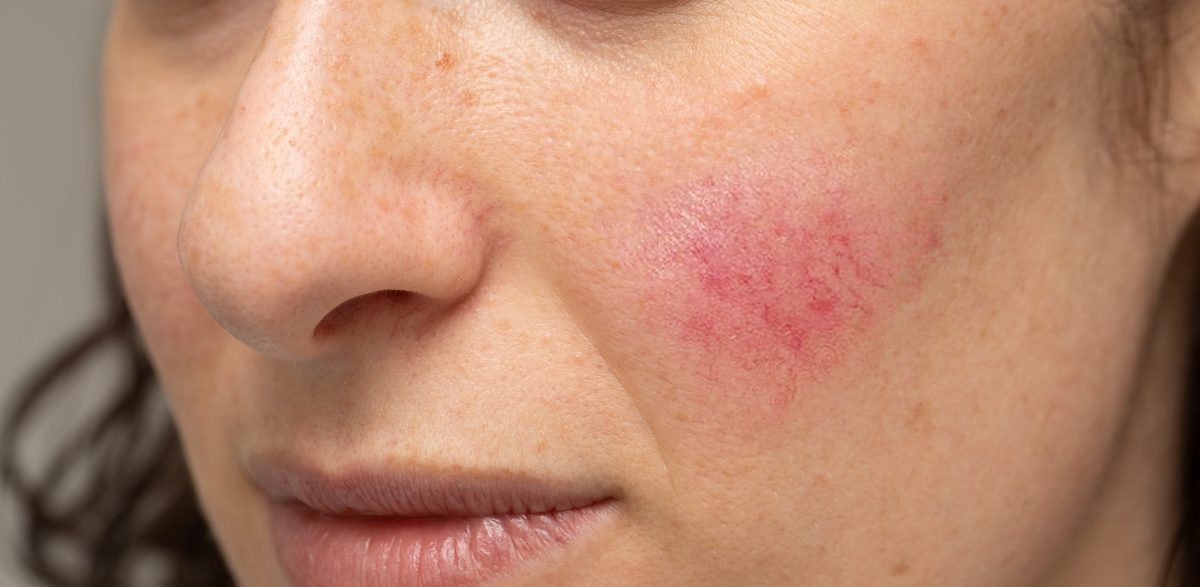Rosacea is a common but inadequately understood long-term skin condition that substantially affects the face. It can be controlled to some degree with long- term treatment, but occasionally the changes in physical appearance can have a significant cerebral impact.
For more information and booking appointments, checkout Rosacea treatment in Dubai.
Causes of rosacea
The exact cause of Rosacea is unknown, although a number of implicit factors have been suggested. It's possible a combination of these factors may be responsible for the condition, although there is not enough substantiation to say this for certain. Some of the main factors that have been suggested are outlined below:
- Blood vessel abnormalities
Some experts believe abnormalities in the blood vessels of the face may be a major contributing factor for rosacea. This may explain symptoms of flushing, patient greenness and visible blood vessels.
It's not known what causes these abnormalities. But sun damage may be responsible for degeneration of the elastic towel of the skin and the dilation of blood vessels.
- Skin peptides
Recent exploration has shown external triggers similar as ultraviolet( UV) light, racy food, alcohol( particularly red wine), exercise, stress, heat and cold wave can lead to the activation of certain motes within the skin called peptides.
Increased situations of these peptides may in turn affect the vulnerable system or jitters and blood vessels (neurovascular system) of the skin. Activation of these systems can beget dilation of blood vessels, greenness and inflammation.
- Bitty diminutives
Bitty diminutives called Demodex Folliculorum, generally live harmlessly on mortal skin, but people with rosacea have particularly large figures, which may play a part in the condition. It's presently uncertain whether the mite is a cause or an effect of rosacea, although some experimenters have suggested the symptoms may be caused by the skin replying to bacteria in the diminutives' faeces.
- Helicobacter pylori bacteria
Helicobacter pylori bacteria are bacteria set up in the digestive system. It's been suggested these bacteria may be a possible cause of rosacea, although a link hasn't been proven.
One proposition is the bacteria may stimulate the product of a protein called bradykinin, which is known to beget blood vessels to expand.
- Genetics
Rosacea seems to be more common in families, although it's not clear which genes – if any – are involved or how they are passed on.
Triggers of Rosacea
Although they are not allowed to be direct causes of the condition, numerous people with rosacea find certain triggers make their symptoms worse.
Different people can have different triggers, but triggers that have been generally reported include:
- Exposure to sun
- Stress
- Hot or cold rainfall
- Strong winds
- Emphatic exercise
- Alcohol
- Hot cataracts
- Racy foods
- Hot drinks
- Moisture
- Caffeine-set up in tea, coffee and cola
- The menopause
- Dairy products
- Other medical conditions
- Certain drugs – similar as amiodarone, corticosteroids and high boluses of vitamins B6 and B12






0 Comments